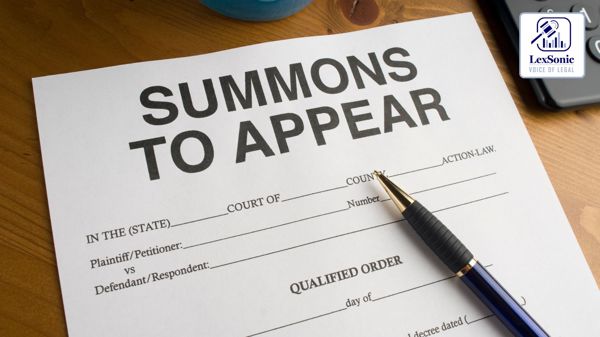Justice in the Balance: Supreme Court Clarifies Summoning Powers Under Cr.P.C.
06 September 2024
Criminal Appeals & Suspension of Sentence >> Criminal Law | Criminal Trial >> Criminal Law | Summons >> Criminal Law
A recent judgment in the matter of Devendra Kumar Pal vs State of U.P & Another has addressed the procedural intricacies involved in summoning additional accused under Section 319 of the Code of Criminal Procedure (Cr.P.C.) after a trial has concluded for other co-accused. This decision arose from an appeal challenging the order of the Allahabad High Court, which upheld a trial court's decision to summon an additional accused after convicting others in the case.
Background:
The appeal stemmed from a judgment delivered on August 25, 2021, by a Single Judge of the Allahabad High Court, which dismissed a petition from the appellant against an order made by the Additional Sessions Judge on March 21, 2012. The trial involved charges under Section 302 of the Indian Penal Code (IPC), concerning serious criminal offenses.

After conducting the trial, the learned Trial Judge convicted several accused individuals and acquitted others. The court also determined that the appellant, Devendra Kumar Pal, should be tried, subsequently invoking powers under Section 319 of the Cr.P.C. to summon him.
Legal Arguments:
During the appeal, two significant legal positions emerged. The appellant's counsel, referencing the case of Sukhpal Singh Khaira vs. State of Punjab, argued that since the order of conviction was rendered prior to summoning the additional accused, the action was not sustainable in law. The Supreme Court's Constitution Bench had highlighted that the summoning order under Section 319 must precede any order of acquittal or sentence to maintain legal integrity. Conversely, the respondent's counsel contended that since both the conviction and the summoning occurred on the same date, the specifics of the case warranted examination. They argued that the actions were taken in close temporal proximity, which could justify the decision.
Supreme Court's Clarification:
The Supreme Court reiterated the principles established by the Constitution Bench in Sukhpal Singh Khaira. The Bench elucidated that for a summoning order to be valid, it should be issued before the conclusion of the trial, specifically prior to the imposition of sentence or acquittal. The ruling stated:
- The court must pause the trial upon discovering evidence implicating additional accused.
- A summoning order should precede any acquittal or sentencing.
- If a summoning order is made after these judgments, it is typically deemed unsustainable.
Conclusion:
In light of the established legal principles, the Supreme Court allowed the appeal, quashing the High Court's ruling and the Trial Judge's summoning order against the appellant. This case underscores the critical procedural requirements when summoning additional accused under Section 319 of the Cr.P.C., emphasizing that adherence to these principles is essential to uphold the rule of law. The ruling not only impacts the present case but also serves as a crucial reference for future trials regarding the summoning of additional accused, reaffirming the judiciary's commitment to due process and procedural fairness.
Indian Penal Code, 1860 Code of Criminal Procedure, 1973
